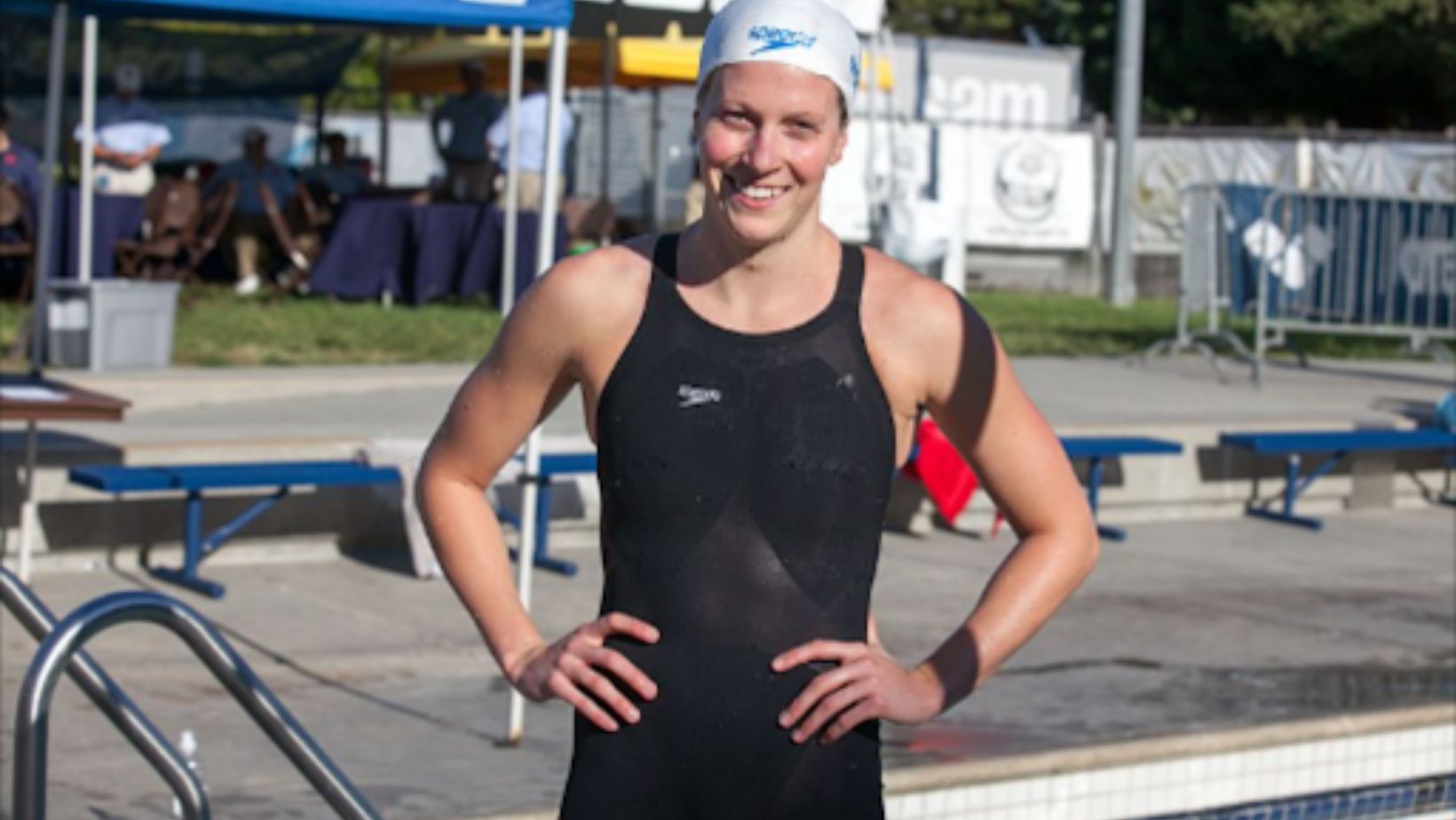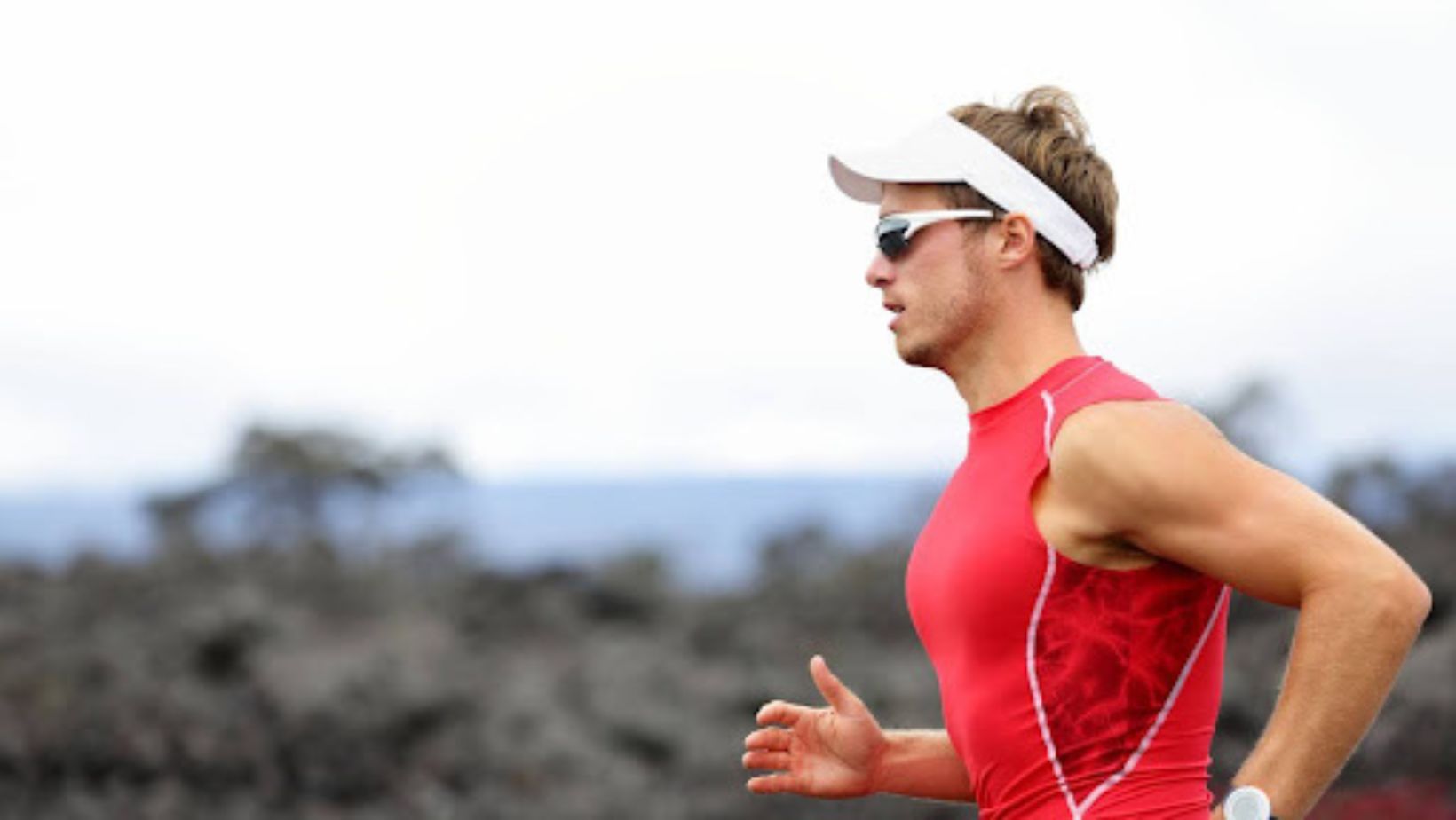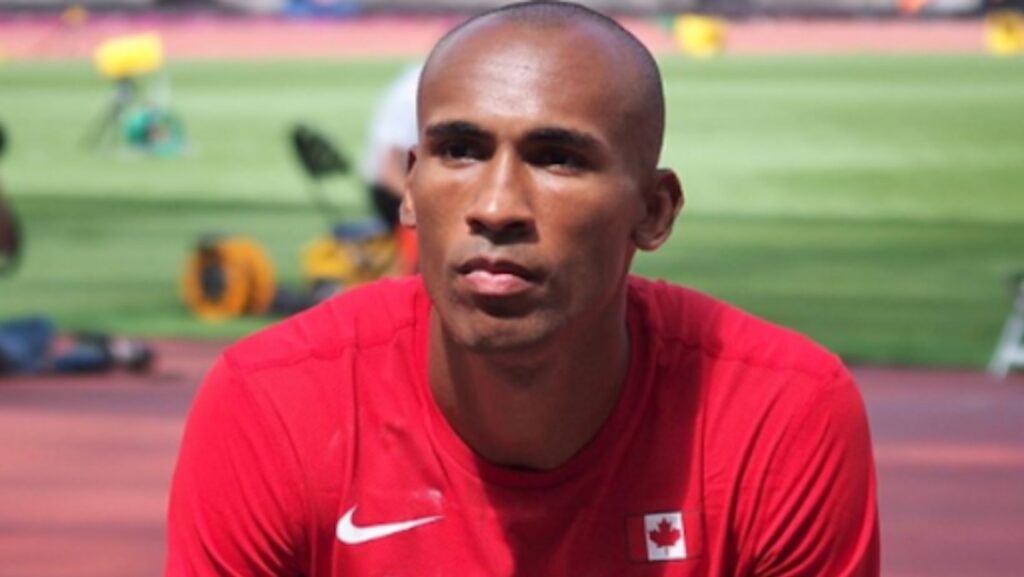The Tokyo Summer Olympic Games were golden moments for Canada’s elite athletes.
In many instances, defying the odds set by the most popular online sportsbooks, Canadian Olympians came home with seven gold medals. Andre DeGrasse won the 200 meters in marquee events, while Damian Warner was the gold-medal winner in the decathlon. The Canadian women’s soccer team stunned the heavily favored Americans.
Elsewhere, the women’s eights were champions in rowing; cyclist Kelsey Mitchell won the women’s sprint, weightlifter Maude Charron took the women’s 65 kg weight class, and swimmer Margaret MacNeil won the women’s 100-meter butterfly.
Though she wasn’t golden like her performance in Rio, by winning two silvers and a bronze in the pool at Tokyo, swimmer Penny Oleksiak upped her career medal total to seven. That made her Canada’s most decorated Olympian.
What was behind this Canadian medal rush in Japan? Could it be because Canada is taking a more holistic approach to handling its world-class sports performers?
Game Plan, instituted by the Canadian Sports Institute Ontario (CSIO) in 2015, offers Canada’s elite athletes a six-pronged program designed to provide them with a more holistic way of life. The program aims to create a symbiotic relationship between development and performance among Canada’s high-performance athletes.
Making Life Better For Athletes
Let’s face it: while the life of an elite athlete looks to be all about success and glory from the outside, the fact of the matter is it’s a pursuit rife with stress, uncertainty, and doubt. The emotional highs and lows of competition have sidetracked many great athletes.
Under the Game Plan approach, Canadian athletes are asked to answer the following five questions:
- Do you have a plan for your education and career?
- Do you have a network and a community to support you beyond sport and support for your mental health?
- What skills do you already have that can be transferred in other areas outside of sport?
- Who are you outside of sport?
- Do you have a holistic identity beyond you as an athlete?
The Game Plan program is designed to enable Canada’s leading athletes to develop their whole selves. Doing so will give them the necessary tools to reach their full potential in sports and life.

The program is open to carded Canadian athletes and senior national team members, as well as to members of either group who’ve retired within the last two years and to alums who’ve been out of the sport for more than two years.
It’s All About Balance
The base idea behind the program is to enable a world-class athlete to find an ideal balance between their pursuit of sport and their life in general. Studies conducted have shown that a stellar sport-life balance helps to facilitate players’ well-being for players.
At the same time, it increases their performance levels in their chosen sport. Taking care of oneself outside of sports positively influences the athletic self and sports performance. A balanced athlete will perform better. They will also stay in their sport longer and retire a healthier athlete and person. Skills that are learned in one sphere of life can be transferred to benefit another aspect of that life.
“Game Plan helped me grow my business. . by providing me with the tools to build confidence away from my swim career,” former Olympic swimmer Martha McCabe said.
Staying in school is another aspect that can help an elite athlete achieve that sport-life balance.
It’s been proven that student-athletes are more likely to win Olympic medals than those who are out of school or have moved into the workforce. That’s because academia and sport tend to work hand in hand to support each other. This enables student-athletes to achieve better outcomes, both in the classroom and on the playing field.
Athletes Seeing Tangible Benefits
Not only is Canada performing better as a nation on the world stage, but this holistic planning is helping them find that necessary balance between sport and life. It’s also giving them a leg up as they move out of the realm of competition and downgrade from full-time athletes to full-time students or members of the workforce following the conclusion of their playing days.
Game Plan offers top Canadian athletes resources in six pillar areas – career, community (networking), education, mental health, skill development, and transition.

During their playing days, elite Canadian athletes are aided by helping them connect with vital sources such as sports psychologists, physiotherapists, nutritionists, and strength and conditioning courses.
“Game Plan has allowed me to develop into a world-class athlete,” Canadian women’s basketball player Shay Colley said. “Learning about body mechanics and nutritional ways to fuel my mind and body for success has been invaluable.”
When it comes time for athletes to look beyond sport and begin their next phase in life, there are business school opportunities and leadership courses available to help them take what is often a difficult step—the one away from the game they’ve played their whole lives and into the corporate world.
“I’ve been blown away by the amount of resources available to current and former athletes,” former Canadian men’s soccer player Andrea Lombardo said. “Game Plan Day is an amazing resource and learning tool for athletes preparing for life after sport.
“In addition, the many mental health services available help me cope with the day-to-day stresses of my corporate life. The educational tools to refine my skills and help me further my career after sport are also incredible.”
Is the proof in the pudding, or should that be in the putting-out? At the Tokyo Summer Games, CSIO-affiliated athletes won 20 medals.
